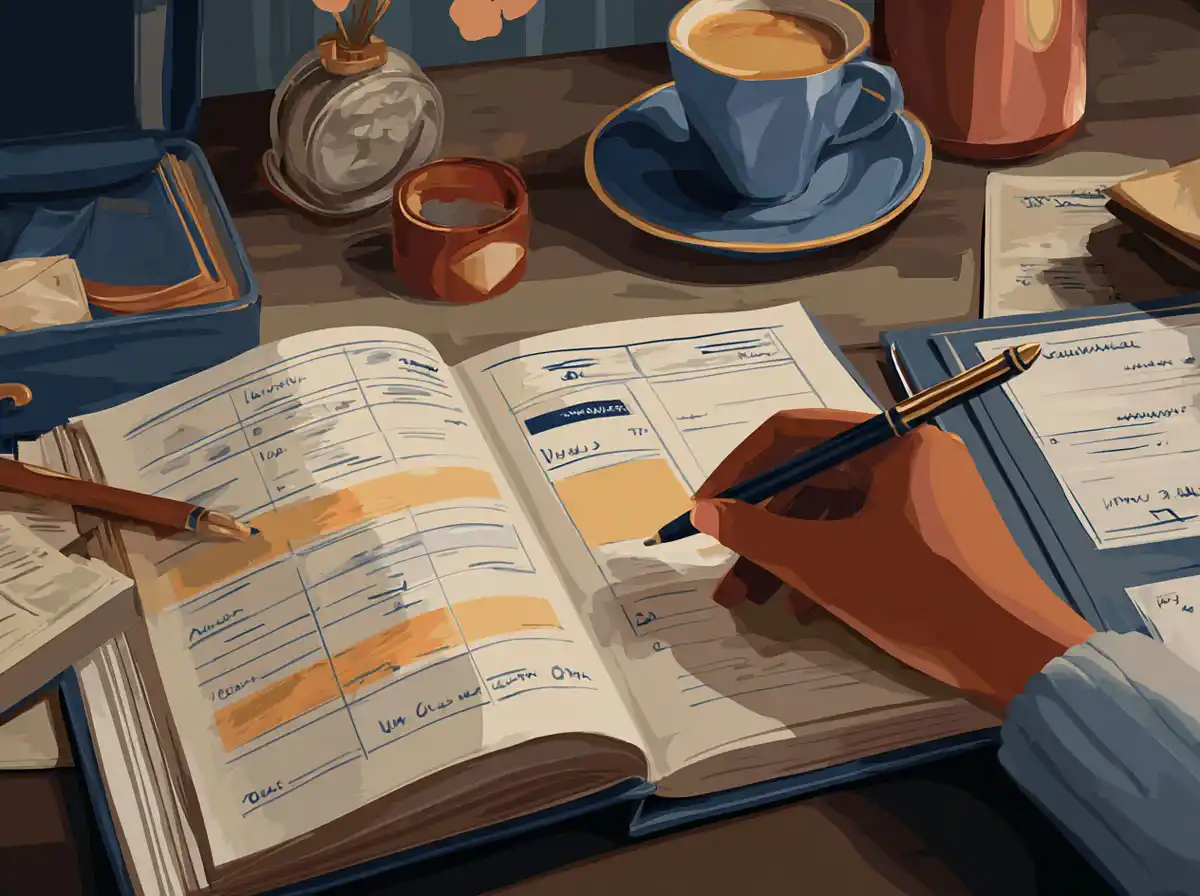Understanding “Bien”
Bien is an adverb, not an adjective, which is a common misconception among learners. It generally refers to the manner in which an action is performed and can be translated to “well” in English. Bien is used to describe verbs and how actions are carried out.
For instance, in the sentence “Elle chante bien,” which means “She sings well,” bien describes the verb “chante” (sings), indicating that the action of singing is performed well.
Bien can also be used in various idiomatic expressions and to answer questions about general well-being. For example:
– Comment ça va? – Ça va bien. (How’s it going? – It’s going well.)
– Je me sens bien. (I feel good.)
Moreover, bien can function in a comparative or superlative form:
– Elle chante mieux que lui. (She sings better than him.)
– C’est le meilleur chanteur que j’ai jamais entendu. (He’s the best singer I’ve ever heard.)
Understanding “Bon”
In contrast, bon is an adjective and is used to describe nouns. It translates to “good” in terms of quality, taste, or moral goodness. Bon is used to express approval or satisfaction with nouns.
For example, in “C’est un bon livre,” meaning “It is a good book,” bon describes the noun “livre” (book), stating that the quality of the book is good.
Bon is also commonly used in contexts involving food:
– Ce gâteau est vraiment bon. (This cake is really good.)
– Ils servent de bons plats ici. (They serve good dishes here.)
Like bien, bon can also be used in the comparative or superlative form:
– Ce livre est meilleur que l’autre. (This book is better than the other one.)
– Elle a préparé la meilleure tarte. (She made the best pie.)
Comparative and Superlative Forms
Both bien and bon can be modified to compare qualities or states. Bien becomes mieux (better) in its comparative form and le mieux (the best) in its superlative form. On the other hand, bon transforms into meilleur (better) for its comparative and le meilleur (the best) for its superlative.
Practical Usage and Examples
To further clarify the usage of bien and bon, consider these practical examples where choosing the right word changes the meaning of the sentence:
– Il a fait un bon travail. (He did a good job.) Here, bon is used to describe the noun “travail” (job), indicating quality.
– Il a bien travaillé. (He worked well.) In this case, bien describes the verb “travaillé” (worked), focusing on the manner of working.
It’s essential to practice these differences to develop a natural sense for which word to use:
– Elle est une bonne enseignante. (She is a good teacher.)
– Elle enseigne bien. (She teaches well.)
Conclusion
Understanding when to use bien versus bon is a key element in mastering French and avoiding common pitfalls. Remember, bien is generally an adverb modifying verbs and expressing how actions are done, while bon is an adjective that describes nouns, focusing on their qualities. By using the examples and explanations provided, you can improve your French and sound more like a native speaker. Keep practicing, and soon, distinguishing between bien and bon will become second nature.










